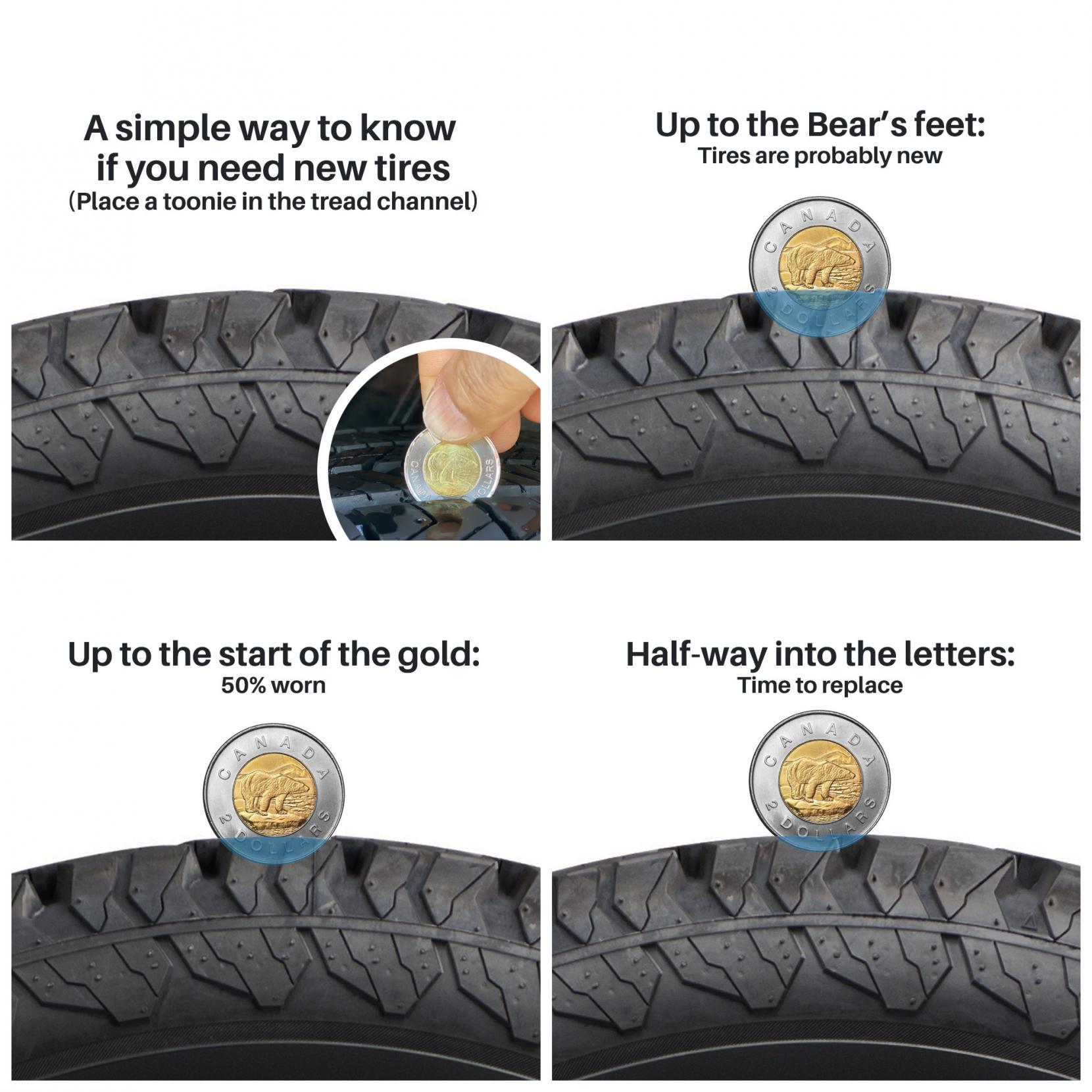
14 Tips to Lower Your Car Maintenance Costs
August 30, 2023When you buy a car, you know there will definitely be additional expenses down the line. You've got to be prepared for it. But sometimes, there are ways to bring those costs down. For instance, by ensuring that you have a spare tire in your trunk, you can avoid calling a tow truck. By taking preventive measures, you can lower your car maintenance costs, save time, and also ensure you have a safe ride.
Here are some tips to bring down your car maintenance costs:
1. Check the condition of your spare tire
Imagine pulling out your spare tire only to find that it's flat. This inconvenience could be avoided by periodically investing a small amount at an air pump to keep it properly inflated. This preemptive action is far more economical than calling a tow truck during an urgent situation. Check tire treads too, as when the tires lack sufficient tread, it becomes challenging to stop abruptly or navigate safely on slippery roads.

2. Regularly change the engine oil
Engine oil plays a pivotal role in the functioning of your car, and its neglect can lead to costly repairs. The expense of an oil change, typically ranging from $35 to $75, is a modest investment compared to the potential damage to your engine.
Adhere to the recommended oil change interval of every 5,000 miles or follow the guidelines specified by your car's manufacturer.
3. Check fluids
Be sure to regularly check and maintain the correct levels of essential fluids, such as brake fluid, power steering fluid, windshield washer fluid, oil, and radiator coolant.
4. Monitor coolant levels
Regularly checking and replacing coolant is essential to prevent internal corrosion within your vehicle. Neglecting this maintenance task could lead to costly damages, as coolant affects various components like the radiator, water pump, and air conditioning system. You must check coolant levels twice a year, before both warm and cold weather seasons.
5. Ensure timely replacement of brake pads
The presence of squeaking sounds while braking may indicate worn brake pads. Although brake pad replacement costs can seem significant, reaching up to $300 per axle, the safety of your vehicle and the potential for avoiding accidents far outweigh the initial expense.
6. Maintain battery cleanliness
Over time, the terminals of your car's battery can accumulate corrosive deposits. You must clean these terminals to avoid a compromised battery, leaving you stranded. Considering the substantial cost of a quality car battery and potential towing expenses, it is prudent to keep the terminals clean. Make sure to have it checked every fall once it reaches the three-year mark.
7. Evaluate the suspension system
Although often overlooked, the suspension system plays a vital role in your car's performance. Timely evaluation of shocks, springs, and struts can contribute to your vehicle's overall well-being and durability.
8. Replace the air filter
The cabin air filter prevents pollutants from entering your vehicle through its vents. Provide timely replacement to avoid severe issues with your air conditioning system, resulting in substantial repair costs. It is advisable to change the cabin air filter every 12 months or after covering 12,000 miles.
9. Install new windshield wipers
You should think about changing your car's windshield wiper every year or so, especially if it's leaving streaks or making squeaking sounds, and during seasonal changes. Investing in new windshield wipers may seem minor, but it's essential for ensuring road safety.
10. Implement tire rotation
Periodically rotating your tires can significantly extend their lifespan. Doing so prevents uneven wear. Rotate your tires every 3,000 to 5,000 miles for optimal longevity.
11. Inspect spark plugs
If you notice a decline in power, reduced fuel efficiency, misfires, rough idling, and similar issues, it could indicate worn-out spark plugs as the potential cause. Regularly monitoring and replacing spark plugs can help you avoid the significant expense of a major engine overhaul.
12. Examine belts and hoses
Checking the condition of belts and hoses is a preventative measure that can save you from more extensive mechanical issues. Damaged belts can lead to additional component damage, while a compromised radiator hose could result in engine overheating and failure.
13. Check the lights
Regularly testing your headlights, turn signals, brake lights, and parking lights is essential for both safety and avoiding traffic tickets. Functional lights enable proper visibility and communication with other drivers, ensuring road safety.
14. Address paint scratches promptly
When your car's paint job gets scratched or chipped, it's essential to address it promptly to prevent rust from forming and ensure proper paint adhesion.
Following these routine preventive measures can help you keep your car functioning at its optimum while also reducing your car maintenance costs in the long run.
JOIN THOUSANDS OF OTHER HAPPY CANADIANS
